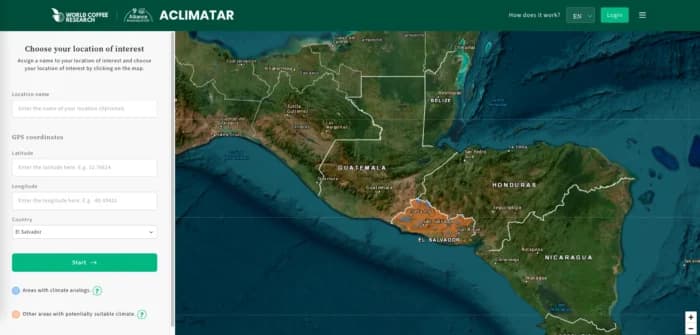Coffee prices have recently declined, with September arabica coffee (KCU24) falling by -1.30 (-0.56%) and September ICE robusta coffee (RMU24) dropping by -35 (-0.81%). These decreases have pushed coffee prices to a 4-week low, primarily due to the ongoing harvest pressures in Brazil.
As of July 23, Brazil’s 2024/25 coffee harvest was 81% completed, a significant increase from 74% last year and the 5-year average of 77%. The arabica coffee harvest is 75% complete, compared to 65% last year and the 5-year average of 69%, while the robusta coffee harvest is 95% complete, up from 89% a year ago and the 5-year average of 93%.
Brazil’s role as the world’s largest producer of arabica coffee beans makes its harvest progress a critical factor in global coffee prices. Despite this, the lack of rain in Brazil’s Minas Gerais region, which accounts for about 30% of Brazil’s arabica crop, has somewhat supported arabica prices.
An increase in ICE-monitored coffee inventories has also influenced prices. Robust coffee inventories have risen to a 1-year high of 6,521 lots from a record low of 1,958 lots in February 2024. Similarly, arabica coffee inventories have reached a 1-1/2 year high of 842,434 bags as of June 25, up from a 24-year low of 224,066 bags in November 2023.
Conversely, smaller coffee exports from Vietnam, the world’s largest robusta coffee producer, are providing some support for prices. Vietnam’s July coffee exports fell by -35.7% year-on-year to 70,000 MT, with total exports from January to July down by -13.8% year-on-year to 964,000 MT. Additionally, concerns about excessive dryness in Vietnam potentially damaging future robusta crops are adding to the upward price pressure.
The USDA’s Foreign Agriculture Service (FAS) projects an increase in global coffee production for 2024/25 by +4.2% year-on-year to 176.235 million bags. This includes a +4.4% increase in arabica production to 99.855 million bags and a +3.9% rise in robusta production to 76.38 million bags. Consequently, the FAS forecasts that ending stocks for 2024/25 will climb by +7.7% to 25.78 million bags, further weighing on prices.
Overall, while Brazil’s rapid coffee harvest completion and increased global production are exerting downward pressure on coffee prices, concerns over weather conditions in Brazil and Vietnam’s reduced exports are partially offsetting these effects.

